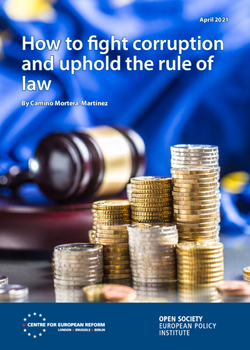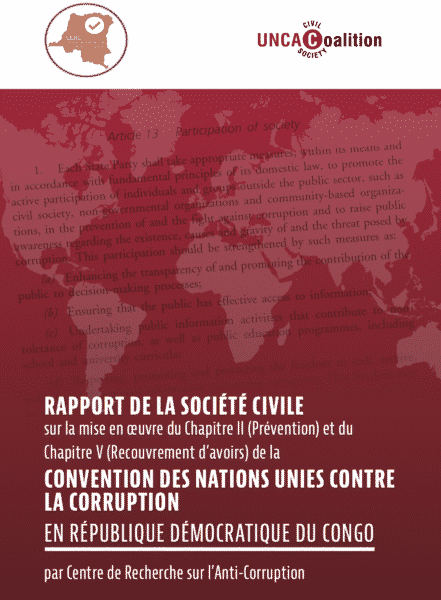Judicial corruption is a serious problem that undermines the integrity of the justice system and erodes public trust in the law. It occurs when judges, lawyers, or other members of the legal profession abuse their positions of authority or use their influence to gain personal or financial benefits. This can take many forms, including accepting bribes, engaging in nepotism, or manipulating the outcome of cases for personal gain.
There are several steps that can be taken to stop judicial corruption. One of the most important is to ensure that judges and other members of the legal profession are held to high ethical standards. This can be done through the implementation of strict codes of conduct and the establishment of independent oversight bodies to monitor and enforce these standards.
Another important step is to increase transparency in the legal system. This can be achieved through the use of open court proceedings and the public availability of court documents and decisions. This increased transparency can help to expose instances of corruption and allow for greater accountability.
In addition to these measures, it is also important to invest in judicial education and training programs. These programs can help to ensure that judges and other members of the legal profession are aware of the ethical standards that they are expected to uphold and are equipped with the tools and skills they need to do so.
Finally, it is important to address the root causes of judicial corruption, such as a lack of resources or inadequate pay for judges. By addressing these underlying issues, it may be possible to reduce the temptation for judges and other legal professionals to engage in corrupt behavior.
In conclusion, judicial corruption is a serious problem that undermines the integrity of the justice system and erodes public trust in the law. To stop judicial corruption, it is necessary to implement strict codes of conduct, increase transparency, invest in judicial education and training, and address the root causes of corruption. By taking these steps, it is possible to build a more just and fair legal system for all.







